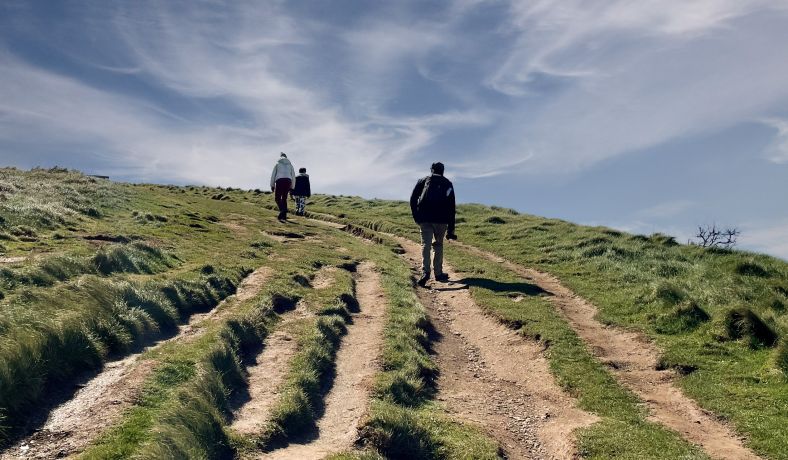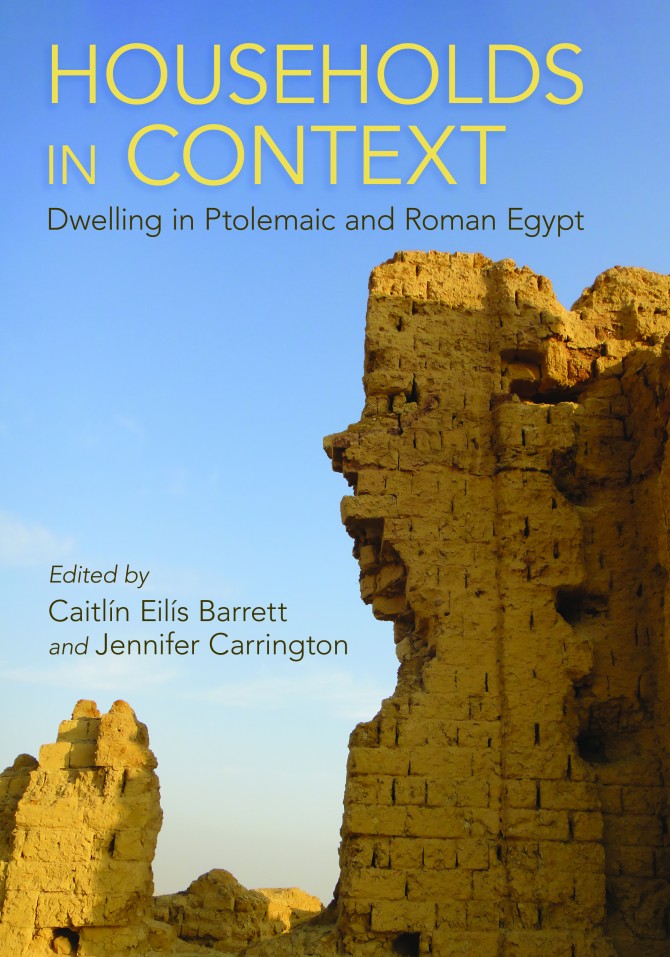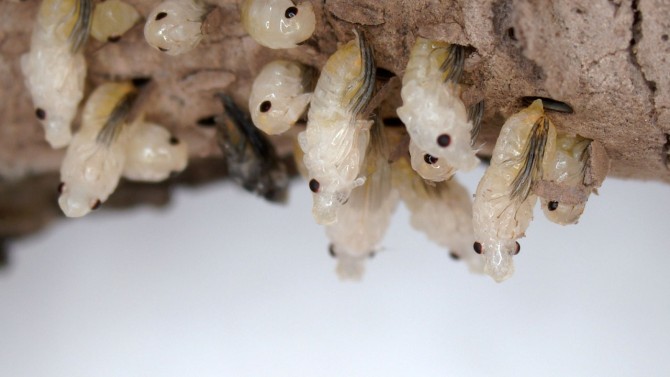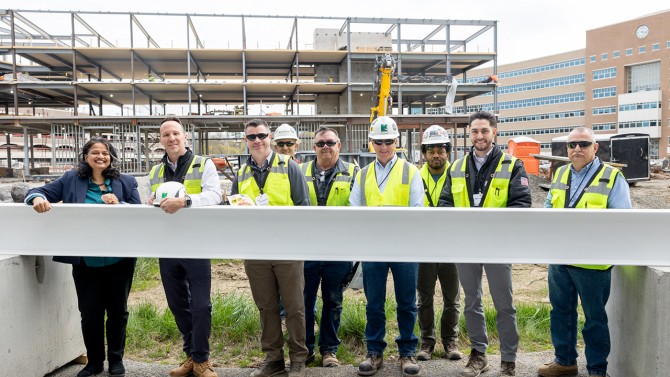The theme for this year’s National Carers Week, ‘Millions of Reasons to Care’, aims to highlight the diversity of carer experiences. This is Dominic’s story.

Dominic’s two children are leading the way on a unique and challenging journey
More than two and half million Australians work as unpaid carers for their loved ones, and around one quarter of those support children through serious illness or disability.
Dominic currently works for Nepean Blue Mountains Local Health District’s in a communications role and, along with his wife Jessica, cares for their two young children living with Constitutional Mismatch Repair Syndrome (CMMRD), which is related to Lynch Syndrome.
As a result of this condition both of Dominic and Jessica’s children have a high-risk brain cancer diagnosis and are highly predisposed to other cancers throughout their life.
“In a way all parents are carers, but when life-limiting or chronic health issues are in the mix the responsibilities can become all-consuming,” shares Dominic.
Providing care for a loved one can seriously impact carers’ mental health. Nearly half of the carers who responded to the 2020 National Carer Survey reported high levels of psychological distress.
Caring also increases living costs while reducing income, often leading to financial hardship which compounds the stresses of caring.
“We don’t begrudge the sacrifices we make for our kids, but without a lot of amazing help from family, community and colleagues we’d be in an impossible position,” remarks Dominic.
“My heart goes out to those carers who have less community support, or inflexible and insecure employment.”
Anybody can find themselves juggling the responsibilities of providing unpaid care. While it can happen gradually, as with looking after an ageing parent, it can also happen suddenly following a health crisis or accident.
“People can have a comfortable illusion of control over their lives until that suddenly disappears. Anyone can become unwell, and anyone can become a carer.”Dominic, working carer
Dominic’s experience also highlights how advocacy and awareness can help respond to deeper social problems.
“On top of supporting our kids through surgeries, treatments, recoveries and screening procedures, we need to provide near constant advocacy to help save them from unnecessary additional stresses,” says Dominic.
“Most people rarely think or talk about the full impacts of serious illness. While cancer could happen to literally anyone, our family’s reality still seems to defy expectations about how people live. This can make the world an alienating place, and leads to a level of disadvantage,” he explains.
“If society generally had a better understanding of the impacts of things like illness and disability, then support systems for people affected could improve.”
With much of their energy focused on looking after others, carers often find it difficult to prioritise their own health, with nearly two in three carers having a chronic health condition themselves.
“In our case it’s a rare genetic thing which we had no way of knowing about before the first cancer struck,” says Dominic.
“It has implications for our whole family’s health, which is worrying, but we’re all in it together.”
Despite unenviable circumstances, carers report that their role is much more than a duty. The rewards of caring can include strengthening of relationships between the carer and the people they care for, as well as opportunities for personal growth.
“I’m now here for my kids in a way that surpasses anything that came before. It’s a hard road ahead, but there’s a lot of love and a real sense of purpose, and we focus on the present.”Dominic, working carer
Dominic calls for more carers to speak up, including for the people they care for whose voices may be silenced due to their health condition or age.
“Gratitude and acceptance are powerful therapeutic tools for carers going through tough times, but that can also mean that our voices are absent when it comes to improving essential systems of support,” says Dominic.
“While I’m reluctant to ask carers to do even more, it’s really important that their voices are heard.”
Find out how you can support carers on the Carers NSW website, or find support for yourself via the Carer Gateway.








